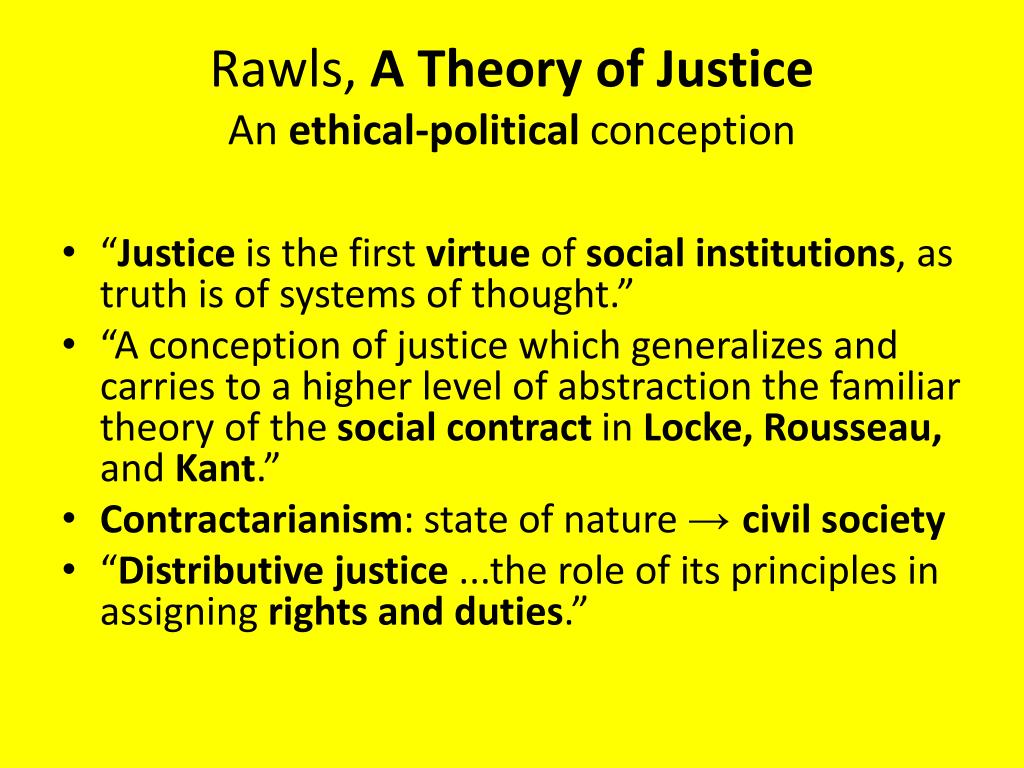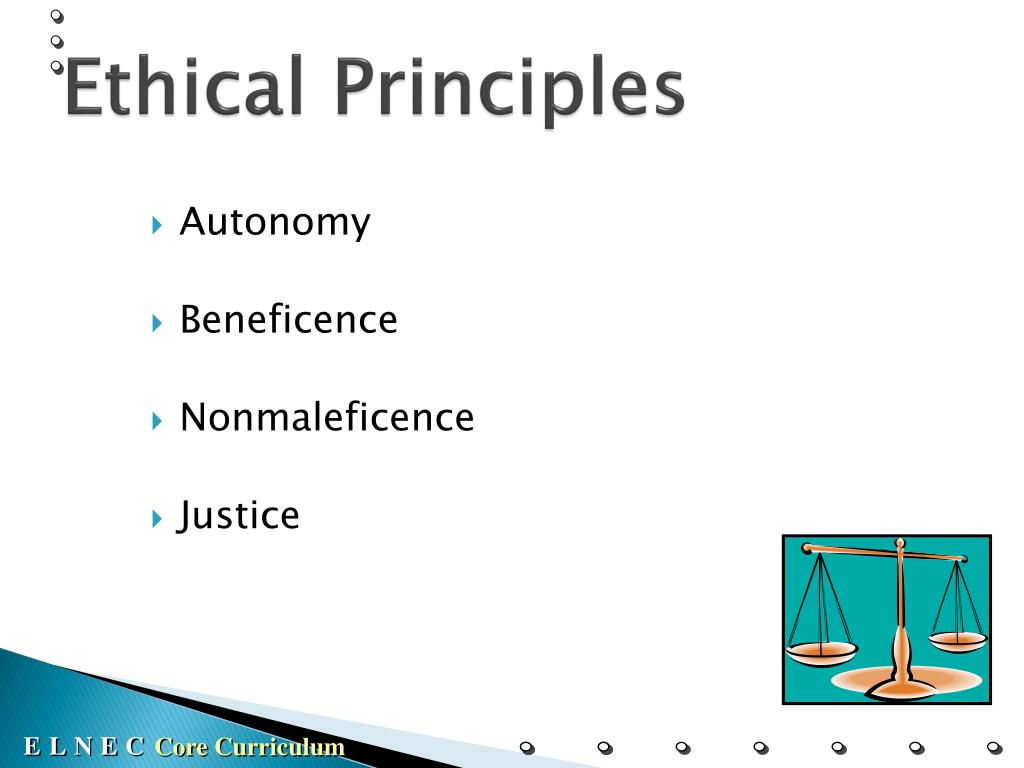
Treatment of people as instruments to reach goals should be excluded from this standpoint. The equal respect principle refers to the Categorical Imperative and involves the freedom of choice for everyone and unconditional respect for all individuals. In this respect, the action that ends with better results is the right choice.

(2005) emphasize that the best outcome implies “the happiness for the greatest number” (p. As the scholars explained, these two concepts come from utilitarianism and Immanuel Kant’s deontological philosophy.īenefit maximization requires that the morality of actions depends on the consequences in which decisions could result. (2005) have suggested that the administration’s ethical decisions can be approached in two ways: according to the principle of benefits maximization or the principle of equal respect. Making the Right DecisionĮthics of justice should be at the forefront of all leadership, for it is crucial that individuals with power over the lives of others could be able to reflect ethically on their choices and actions. Therefore, the question is if the eagerness of Arizona University’s authorities to use the information gathered unbeknown to their students to improve retention is justified. However, none of these kinds of aspirations should be placed above justice and achieved in contradiction with it. According to Kant (2018), authorities can strive, for example, to increase the welfare, glory, and power of the people. The philosopher believed that justice is an unconditional norm of an individual. The deontology foundation as an ethical doctrine and presenting its liberalism as a political philosophy is assigned to Kant. According to this, their freedom of privacy was to be guaranteed by the governance, but the question is if it was.ĭeontology is a unique way of determining morality by reducing it to what is proper and fair and what is not. Thereby, students of Arizona University rely on university management and seek safety from the institution authorities. In this theory, people rely on an institution of statehood, in which the guarantor of the integrity of society is a law designed to protect natural rights given from birth. People deliberately transfer their right to preserve their life, property, and freedom to the state, which, through laws and the judiciary, implements it much better.

The essence of a social contract lies in the idea that there are identified political, ethical, and legal obligations between citizens and government arising from a social agreement. These concepts are also known as liberal theories as they are primarily based on personal freedoms and praise human rationality (Lindemann, 2019). Social contract theory and Kantian ethics determine the way ethics is understood nowadays. This paper aims at analyzing the case of Arizona University from the point of view of ethics and reaching a solution corresponding to the ethical principles, along with discussing alternative perspectives on the subject. The fair ones are those who fulfill the law, and the unfair are those who violate people’s rights, for example, depriving them of freedom and property. Social values are understood in the broadest sense: freedom, opportunity, income and wealth, signs of prestige, and respect. Justice is one of the principles governing relationships between people regarding the distribution and redistribution of social values.

Ethics is supposed to be the basis of human society.


 0 kommentar(er)
0 kommentar(er)
